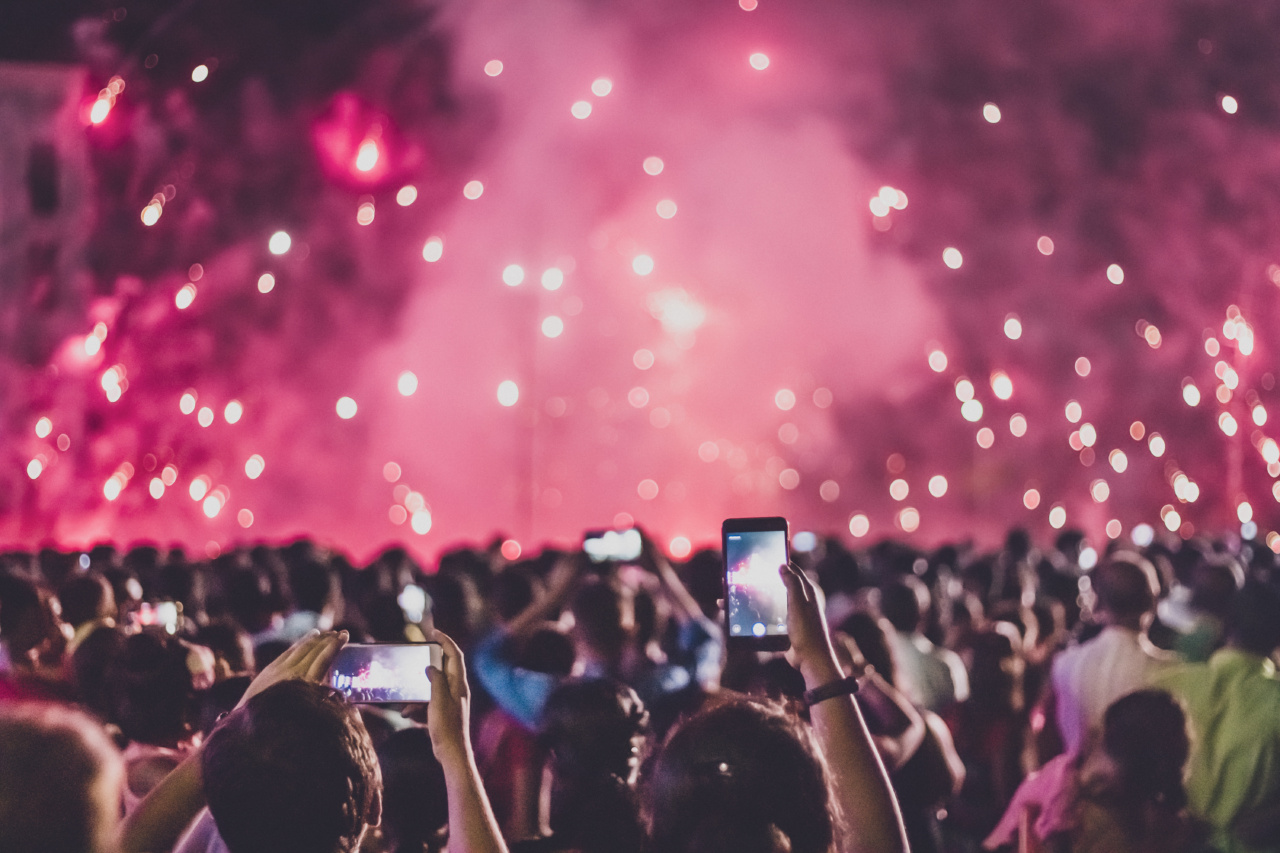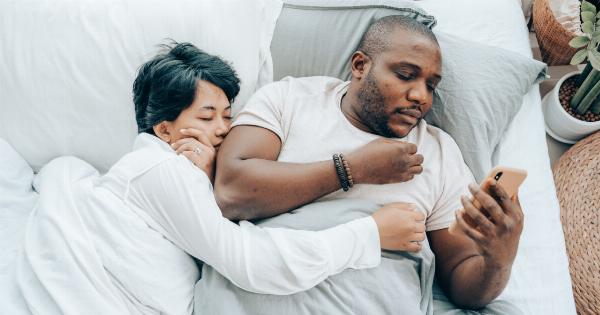Smartphones have become an integral part of our daily lives, providing us with endless possibilities and convenience. However, there is a dark side to this technological marvel that often goes unnoticed – it is keeping us up at night.
In this digital age, where we are constantly connected, our smartphones have become a major culprit behind disrupted sleep patterns and insomnia. In this article, we will explore the reasons why our smartphones are keeping us up at night and discuss the impact it has on our overall well-being.
The Impact of Blue Light
One of the primary reasons why smartphones disturb our sleep is the blue light they emit.
Blue light has a short wavelength and a higher energy level, which makes it particularly effective in suppressing melatonin, a hormone that regulates our sleep-wake cycle. When we expose ourselves to blue light, especially during the evening and night hours, it tricks our brain into believing that it is still daytime, making it difficult to fall asleep.
Notifications and Distractions
Smartphones are equipped with various notification features, such as alerts for messages, emails, social media updates, and app notifications.
These constant pings, vibrations, and pop-ups can be highly distracting, especially when we are trying to wind down and relax before sleep. The urge to check our phones and respond to these notifications not only disrupts our sleep but also hampers our ability to fully unwind and disconnect from the digital world.
Social Media and FOMO
With social media platforms at our fingertips, we are constantly bombarded with updates and posts from friends, family, and acquaintances.
The fear of missing out, commonly known as FOMO, is a psychological phenomenon that drives us to stay connected and engaged with others. Unfortunately, this habit often extends to our nighttime routine, with scrolling through social media feeds becoming a common pre-sleep activity.
Not only does this keep our minds engaged, but it also exposes us to stimulating content that can further interfere with our ability to fall asleep.
Information Overload
We live in an era where information is readily available at our fingertips. The vast amount of news, articles, and content accessible through our smartphones can be overwhelming.
Many people find themselves endlessly scrolling through news apps or reading articles late into the night, trying to consume as much information as possible. This constant mental stimulation makes it difficult to quiet our minds and transition into a relaxed state conducive to sleep.
Work-Life Balance Disruption
Smartphones blur the boundaries between our personal and professional lives. Constant connectivity through work emails, conference calls, and messaging apps can lead to an imbalance between work and personal life.
When we find ourselves checking work-related messages or responding to emails late at night, we create a state of heightened alertness and stress, making it harder to unwind and fall asleep. Moreover, the blue light emitted by smartphones adds to the disruption by further suppressing melatonin production.
Sleep Disorders and Addiction
Excessive smartphone use has been linked to sleep disorders such as insomnia.
The constant exposure to stimulating content, along with the addictive nature of social media platforms and other smartphone applications, can contribute to a disrupted sleep-wake cycle. The urge to constantly check our phones and engage with digital content often takes precedence over establishing a regular sleep routine, resulting in reduced sleep duration and quality.
Health Implications
Disrupted sleep patterns due to smartphone usage can have severe health implications. Sleep plays a vital role in maintaining our overall well-being, affecting our physical, mental, and emotional health.
Lack of adequate sleep is associated with an increased risk of chronic conditions such as obesity, diabetes, cardiovascular diseases, and mental health disorders such as depression and anxiety. Moreover, sleep deprivation diminishes cognitive function, attention span, and memory, making it crucial to prioritize healthy sleep habits.
Establishing Healthy Sleep Habits
To overcome the negative impact of smartphones on our sleep, it is essential to establish healthy sleep habits. Here are a few tips to help you break free from the grip of smartphones and promote good sleep:.
1. Set a Digital Detox Time
Allocate a specific period before bedtime where you disconnect from your smartphone. Create a digital detox routine in which you engage in relaxing activities such as reading, meditating, or spending quality time with loved ones.
2. Implement a No-Screens Rule
Avoid using your smartphone or any other electronic device in bed. Make your bedroom a screen-free zone and reserve it exclusively for sleep and intimacy. This will help associate your bed with relaxation and better sleep.
3. Use Blue Light Filters
Install apps or enable built-in features on your smartphone that reduce blue light emission. These filters adjust the color temperature of your screen, making it warmer and reducing the impact of blue light on melatonin production.
4. Establish a Bedtime Routine
Create a consistent bedtime routine that signals your body and mind that it is time to wind down. Engage in relaxing activities such as taking a warm bath, reading a book, or practicing deep breathing exercises.
Establishing a routine helps prepare your body for sleep.
Conclusion
While smartphones have undoubtedly revolutionized the way we live, work, and communicate, they also come with a dark side. The constant connectivity, blue light emissions, and addictive nature of smartphones disrupt our sleep patterns.
It is essential to recognize the impact these devices have on our sleep and take proactive measures to establish healthy sleep habits. By prioritizing our sleep and disconnecting from our smartphones before bedtime, we can regain control over our sleep-wake cycles and improve our overall well-being.































